
So now that you have finally received your tiny package, we are sure you are excited to embrace this new phase of your life. All expectant parents might be wondering about how or what it takes to develop a bond with the baby? Many of your friends must have talked about instantly striking a bond with their baby as soon as they hold it, or you must have watched the same in some movies. However, there is no thumb rule to that. Some might strike a bond with their baby instantly, and for some it might take time. While some parents take one look at their new joy and get overwhelmed with emotions, there are others who do not know how to react. But trust me when I say this – whenever it happens, it’s ought to be MAGICAL! So if you are one of those who are struggling to bond with your bundle of joy, relax, take a deep breath, you are not alone. There are many who are sailing in the same boat. And honestly, no need to feel guilty. Not being able to connect with your teeny weeny instantly doesn’t make you a bad parent either. Just take it one day at a time and read through the methods, ways or tips that will help you in forming a bond with your baby.

Image Credit: https://www.youtube.com/watch?v=0e13D0VMU_g
What is the meaning of bonding with your baby?
The feeling of unconditional love for your newborn is known as bonding. It happens when new parents tend to feel a strong attachment with their little one. Bonding with your baby is a process. Some parents might instantly feel attached to their little one, while for others it might take some time to strike that bond. If you are one of those who are not able to feel that strong bond or connection with your baby within few days, weeks or months after birth, relax, it is perfectly normal. With time you will be able to connect with your baby.
How long does it take to bond with your baby?
Bonding is a gradual process. For some parents it happens as soon as they hold their baby in their hands, whereas, for others it might take days, weeks or even months to strike a bond. Usually, over the baby’s first year of life parents tend to strike a bond with their baby. If you are one of those parents who have not been felt the bonding yet, do not feel guilty or anxious. It will soon follow.
How do you know you have formed a bond with your baby? (Ways to know if parent-baby bonding has happened.)
There are numerous ways in which bonding happens. When you start caring for your little one, when you gaze at your baby while they sleep, when you stroke them gently, when you feed them, when you hold them close to yourself, when you rock or swaddle them, you are bonding.
Why am I not able to bond with my baby?
Bonding might not happen instantly for all new parents. Especially if you have had a C-section, or you have not been able to see your baby right after the birth, bonding might be a bit difficult. Instances where the babies are kept in neonatal intensive care units (NICUs) or in cases of adoption, bonding might take time. Mothers who develop postpartum depression also find it difficult to bond with their baby. Bonding process may also be marred due to the exhaustion and pain during childbirth, especially for those who have been through a difficult delivery. The relationship and attachment towards a baby might also get affected if the mother or father have faced harsh situations in life, which include history of depression or some sort of mental illness, life stresses which include unemployment, job security, financial troubles, marital abuse or stress, past pregnancy loss or a child loss, etc.
However, the bonding will surely happen so there is no need to hit the panic button. For you bonding might take a little longer but eventually it will occur.
Tips for Bonding With Your Baby
Face-to-Face Contact
After a baby is out of the womb, the first thing that it does after crying is observing things around it. With people around, it will gaze at faces and closely examine the eyes and mouth. Faces are the most attractive things to babies who spend the maximum time gazing at them than any other thing. A baby can see things at 8 to 10 inches distance, just about the space between its face and yours while feeding. With full of motions and sounds, a human face is the best way to make contact and generate bonds with a baby. Stick out your tongue and your baby is likely to follow you. Similarly, position yourself close to your baby and it will examine every nook and cranny of your face. Practicing this repetitively will help your baby to recognize you and bond with you.
Massage
Just as how eating and sleeping is important, so is touching, caressing, and holding. To get really connected to your baby, massaging it gently is another great way. Soft, delicate, and loving touches will improve your baby’s sensory awareness and nourish its emotional development. A massage will not only stimulate your baby’s brain but help you get closer to your baby. For a more neural connection, use soothing lights, a warm room, and peaceful music. Your baby is sure going to love it and feel connected to you.
Swaddling
You must have often noticed nurses wrapping up babies tightly, like burritos, in swaddling blankets for almost the entire hospital stay. Doing so provides calming, soothing, and warm feelings to the baby, just like how it felt when it was in your womb. Furthermore, swaddling confines your baby’s limbs, inducing it to startle, wake up, and throw its limbs out. It also reduces the symptoms of colic and lets your baby enjoy the tight, cosy feeling of being attached to its mother. However, watch out what your baby prefers as some newborns love their arms and feet free from swaddling. Make sure that the temperature does not turn too hot during warm weather.
Talking to the newborn
Newborn babies dislike loud noises and hence, start crying the moment they are exposed to piercing sounds. In such circumstances, a caregiver’s voice works as a therapy for the baby. Make sure that you talk to your newborn. Speak or sing in a gentle, cooing, and soothing voice. Pick up nursery rhymes, hymns, and simple songs, and sing them to your baby. Studies indicate that babies that are sung early in their lives tend to speak and read slightly earlier, apart from early feelings for identifying words.
Bath Time
If you wish to bond with your baby, just like its mom or caregiver, you can start off by bathing your baby. Agreed that bathing a baby is equivalent to a dreaded nightmare, combining the screams of the baby and the slippery skin that makes you nervous, but note that this is the first step towards creating a close relationship with it, after all. And if bathing your baby is not your piece of cake, you may try dressing up your baby after its bath. Give it a try!
Skin-to-Skin Contact
This practise is also known as “kangaroo care,” especially used in premature babies. Try making a skin-to-skin contact with your newborn by holding it close, rocking or swaddling it. It is sure to help you in forming that bond with your baby.
Feeding Time
Whether your little one is bottle fed or you are breastfeeding, make the most of feeding time for bonding with your baby. You can also share a soft and loving conversation with your little joy; it sure would enjoy both the feed and the chat. You may try making eye contact and smile at your little one while you feed it. This is sure to create a bond with your tiny tot and enhance your attachment with the little one.
Conclusion
There is no specified time frame within which you will be able to strike a bond with your baby. To those who are told that it should happen instantly, the truth is, it might not be the case. It took me 6 months to bond with my first child. Yes, it did, oh come on, now don’t judge me. My message to all the expecting parents out there is - please do not punish yourself by going on guilt trips if you are not able to connect with your new born the moment you hold your love in your hands. It’s perfectly Ok, perfectly normal. You might have waited for the moment but there can be numerous reasons which may cause a hindrance in your braiding with your little one. It will happen, for some immediately and for some after a while, but it will surely happen. Till than take a deep breath and hang on. Phew! Parenthood is not a cake walk! Happy Parenting!
Article Source:
Sources – https://www.webmd.com/parenting/baby/forming-a-bond-with-your-baby-why-it-isnt-always-immediate#:~:text=Bonding%20happens%20in%20many%20ways,will%20look%20back%20at%20you.
https://acog.org/womens-health/experts-and-stories/the-latest/bonding-with-your-newborn-heres-what-to-know-if-you-dont-feel-connected-right-away#:~:text=Bonding%20is%20when%20you%20develop,weeks%20after%20birth%2C%20that's%20normal.
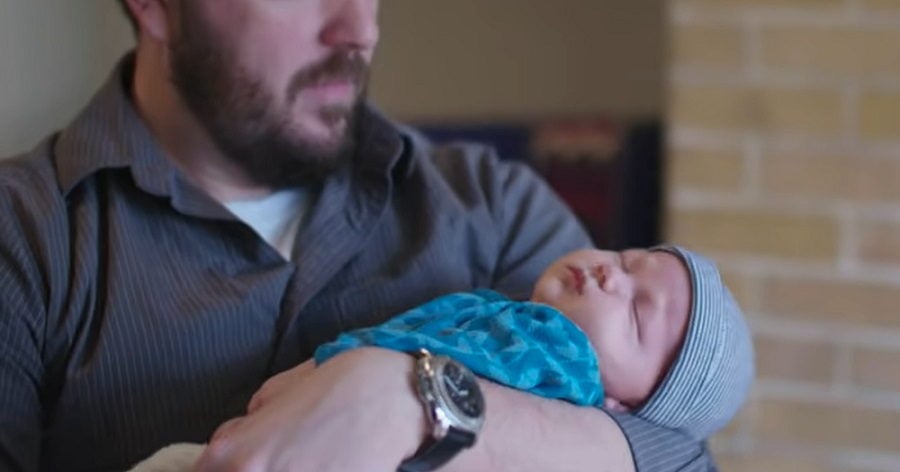 A Step-By-Step Guide on Infant Sleep Training: Baby Sleep Methods, Sleep Schedule & Sleep Position
A Step-By-Step Guide on Infant Sleep Training: Baby Sleep Methods, Sleep Schedule & Sleep Position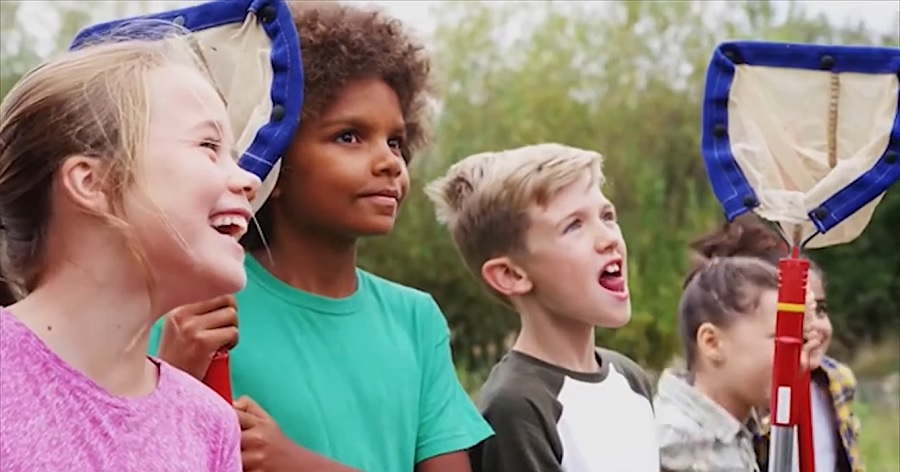 Teaching Children Social Skills
Teaching Children Social Skills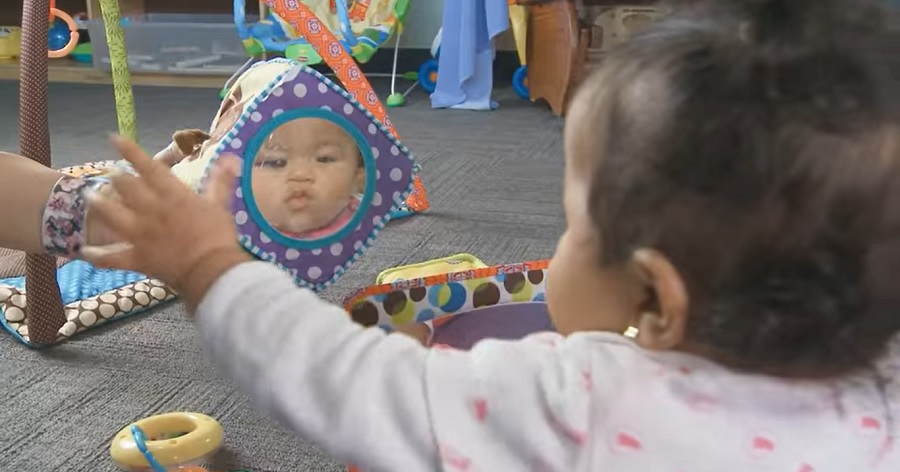 Activities For Infants: Fun And Engaging Ways To Play With Your Newborn
Activities For Infants: Fun And Engaging Ways To Play With Your Newborn Aggression in Children
Aggression in Children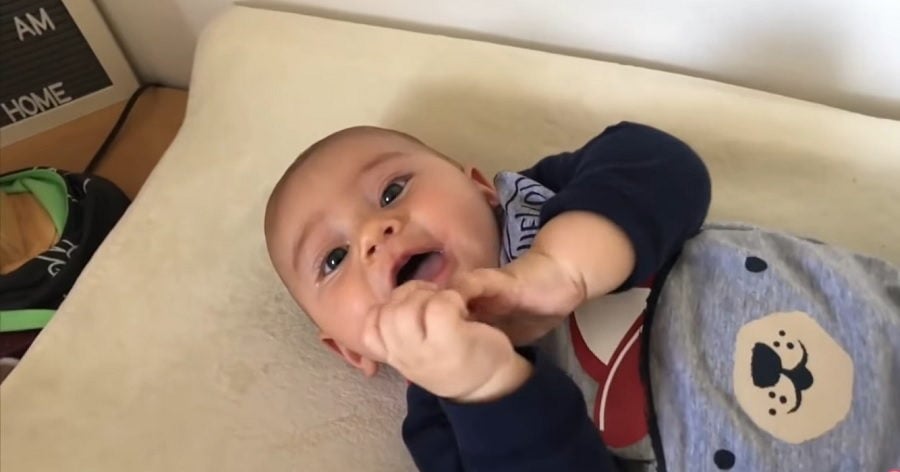 Baby Sign Language
Baby Sign Language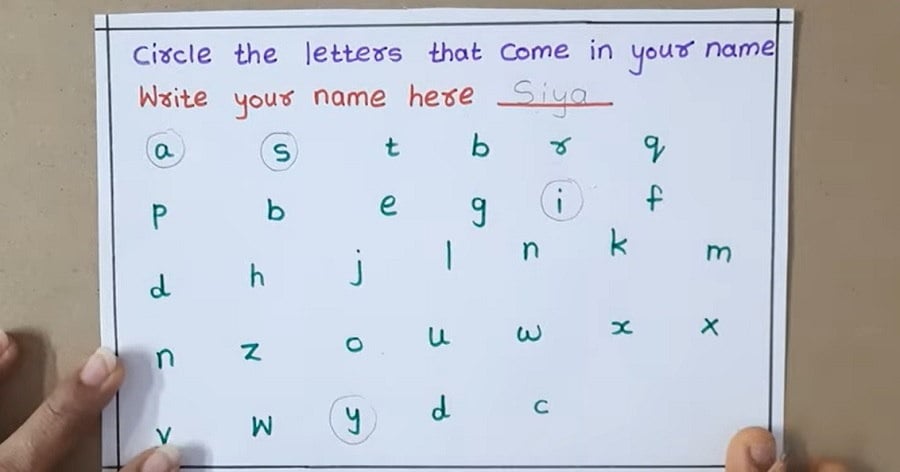 Brain-Building Fun Activities For Your Toddler: Ways To Keep Your Child Busy
Brain-Building Fun Activities For Your Toddler: Ways To Keep Your Child Busy